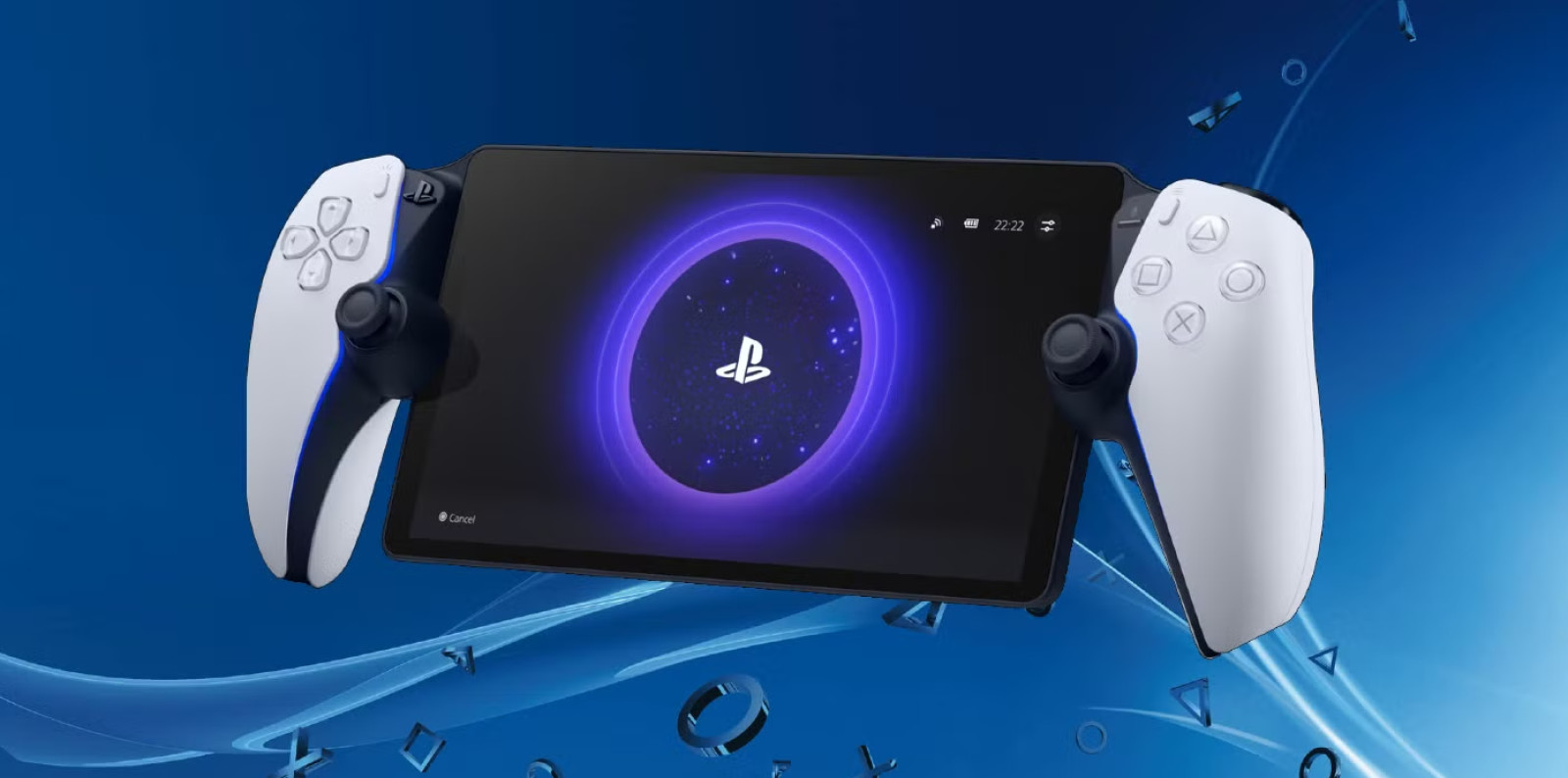Move over, console wars – the battle for AAA portable gaming is coming

Photo: Sony

Seemingly every manufacturer in the games space is working on a portable machine. Now, Bloomberg sources claim that Sony has started early work on a portable that plays PS5 games.
Microsoft’s head of gaming, Phil Spencer, has already confirmed that Xbox is working on its own portable (also per Bloomberg). Meanwhile, Valve is picking up momentum with its Steam Deck portable PC, leading several other major OEMs – including ASUS and Lenovo – to follow suit.
These are what we at MIDiA call companion devices:
- The Steam Deck and other portable PCs are companion devices to consumers’ gaming PCs
- Xbox has also partnered with ASUS to brand the ROG Ally as an Xbox Game Pass companion device
- The PlayStation Portal is WiFi-tethered and cloud companion device (beta) to the PS5
- Now, Xbox and perhaps PlayStation are taking things native with their own non-cloud companion devices, but they are a few years away
Thanks to the Switch's portable and home console capabilities, Nintendo was a trailblazer in the hybrid console race. Everybody else is racing to achieve the same thing but via companion devices.
Portable companion devices are ecosystem signal boosts – a way for platform holders to capture more attention
The games industry, much like other entertainment sectors, thrives on capturing and retaining consumer engagement.
The attention economy is oversaturated, so the more screens players can access a game on, the more chances there are to dive back in – and spend.
That’s what PlayStation would be aiming for with a handheld, continuing the strategy it kickstarted with the PlayStation Portal. Back when the Portal launched, Hideaki Nishino (Sony’s Senior Vice President, Global Product Strategy and Management) had this to say:
‘’Rather than profitability, we want to increase the amount of time we can play with PS5. If you can play anywhere, I think some people will definitely spend more time playing games.’’
The Portal was a test, and it seems to have passed with flying colours. A new native portable PlayStation would build on this engagement-maximising strategy.
Featured Report
MIDiA Research 2026 predictions Change is the constant
Welcome to the 11th edition of MIDiA’s annual predictions report. The world has changed a lot since our inaugural 2016 edition. The core predictions in that report (video will eat the world, messaging apps will accelerate) are now foundational layers of today’s digital economy.
Find out more…While accelerating current PlayStation fans' engagement is the key goal here, a portable PlayStation might also compete with Nintendo in its home market of Japan, where portable gaming is extremely popular, especially with franchises such as Monster Hunter. So there is a user acquisition angle, too.
High-end native portables are expensive to manufacture. While pricing might be a barrier for consumers, Sony might focus on engagement over profitability with a native device (like it did with the Portal and Valve did with the Steam Deck). Breaking even – or even losing money on hardware – has long been a tradeoff platform holders have made to maximise software revenues.
What's more, upscaling technology like PSSR can ease the hardware burden a little, and companies like AMD are rapidly advancing and innovating on their mobile chips. This could drive down costs.
How would a new PlayStation portable console be different from the PSP and Vita days?
Sony has already experimented with portable consoles in the 00s and 2010s, with the PSP and PlayStation Vita. It ultimately struggled, divested itself from the portable market, and put all its console eggs in the PlayStation home-console basket.
Things are different now:
- The major challenge for the Vita and the PSP was content
- Sony had to split its game development teams between the PSP and PS2 / PS3 and between the Vita and PS3 / PS4
- As Sony prioritised its flagship home console content, the PSP – and especially the Vita – had little in the way of exclusive first-party games
- It was a chicken-and-egg problem similar to VR's woes: PlayStation needed games to acquire users, but it also needed a large userbase to attract third-party developers
The rumoured PlayStation console would play PS5 games, solving that content development challenge.
Social is eating entertainment – gaming is biting back
Across the board, platform holders are striving to make their content available in more places, as consumer attention becomes increasingly strained and fragmented.
PlayStation games are available on PC and Switch, Xbox games are everywhere, and the platform agnosticism trend continues.
Ultimately, these strategies reflect the industry’s broader goal: ensuring players stay connected to their games, no matter where or how they play.
Some players will likely reach for their PlayStation while commuting – or when chilling on the sofa with their friends and family – instead of reaching for their phones and spending time outside PlayStation’s ecosystem.
After all, social media is eating entertainment. Across the board, gaming’s biting back, and companion devices are part of the playbook.
Want to learn more about this trend and many others that will impact entertainment in 2025 and beyond?

The discussion around this post has not yet got started, be the first to add an opinion.